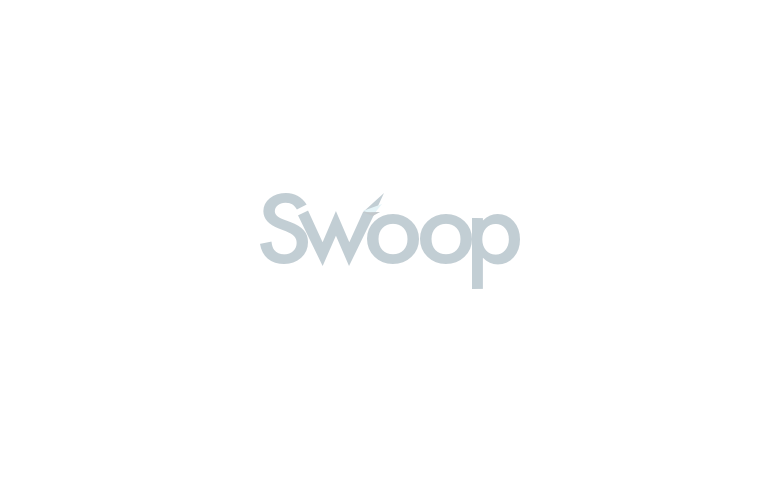Invoice finance allows your company to borrow money against outstanding invoices. It works like a traditional loan, but you use your accounts receivable as collateral rather than physical assets such as your premises.
Invoice finance lets you borrow up to 95% of the value of your unpaid invoices, to a maximum of £5 million. The lender charges you a percentage of the amount of the invoice, based on the kind of product or service you sell and the payment terms you agree with your customers, plus a set-up fee. This type of finance is typically suitable for a company with a minimum revenue of $30,000.
Confidential factoring is a type of invoice finance. It offers the cash advance and credit control aspects of a normal factoring facility – but with the confidentiality of invoice discounting.
Confidential invoice factoring works on the same principle as normal factoring. You still outsource your credit control to the factoring provider. The only difference is how the lender (i.e. the factoring provider or factor) introduces themselves to your customers. With normal factoring, the provider uses their own name, whereas with confidential factoring the provider acts as your own accounting department, using your company name (and brand) when communicating with customers. If they make or take calls, they do so as if calling from your business (with a dedicated phone line).
If you prefer the confidentiality of invoice discounting, you might want to consider confidential invoice factoring, which works on the same principle as normal factoring. The only difference is how the lender (i.e. the factoring provider or factor) introduces themselves to your customers. With normal factoring, the provider uses their own name, whereas with confidential factoring the provider acts as your own accounting department, using your company name when communicating with customers. In other words, confidential factoring offers the cash advance and credit control aspects of a normal factoring facility, together with the confidentiality of invoice discounting.
Invoice discounting
Invoice discounting is the simplest type of invoice finance. It involves a lender advancing you money against unpaid invoices and charging a fee based on the value. This form of finance is suitable for bigger companies with a relatively high revenue as it allows them to secure funding against their entire sales ledger.
Invoice discounting is confidential, so your customers don’t know you’re using their invoice as collateral. Your company remains in charge of its own credit collection. It’s also considered riskier so your lender may require evidence that your customers pay promptly and you have in-house capacity to chase outstanding payments.
Invoice factoring
Invoice factoring also lets bigger companies borrow money against their sales ledger, but it’s different from invoice discounting because the process is disclosed. The lender takes control of your credit collection and deals directly with your customers. They pay the lender, who then forwards you the balance less their fee.
Invoice finance can benefit smaller businesses as it means they don’t have to chase their outstanding payments, although they have to prove to the lender they generate a reliable revenue. However, it may not be cost-effective for SMEs with fluctuating cash flows.
Selective invoice financing
Selective invoice financing lets your company borrow against specific invoices, rather than your entire sales ledger. This form of invoice finance is suitable if your company generates a significant proportion of its income from large, steady customers, and you only want to finance those invoices. Selective invoice financing can also help SMEs raise working capital if they have fluctuating cash flows, as borrowing against their sales ledger may not be cost-effective.
Selective invoice financing comes in two forms: selective invoice discounting and spot factoring.
Selective invoice discounting
Selective invoice discounting works in the same way as invoice discounting, where a lender advances you money against outstanding invoices. The main difference is you choose the invoices you’d like to finance rather than your company’s whole sales ledger. As such, it’s useful for companies seeking to borrow against invoices issued to a few big customers instead of a lot of smaller customers.
Selective invoice discounting is also similar to regular invoice discounting because it’s confidential, so it could be the right option if your company would prefer to hide from your customers that you’re securing finance against their invoices.
Spot factoring
Spot factoring allows you to borrow money against specific unpaid invoices rather than your sales ledger, so it’s also suitable for companies with at least a few large customers. The main difference with selective invoice discounting is that spot factoring is disclosed. You hand over control of the invoices you choose to finance to the lender who collects payment from your customer and forwards your company the balance less its fee.
Spot factoring may suit SMEs that don’t have the resources to chase outstanding payments and are happy to let a lender take the responsibility on their behalf.
Confidential invoice finance
Confidential invoice finance is a suitable funding option if you prefer your customers to remain unaware that you’re securing finance against their invoices.
Confidential invoice finance refers to forms of invoice finance that aren’t disclosed to your customers.






 yet? Register here!
yet? Register here!